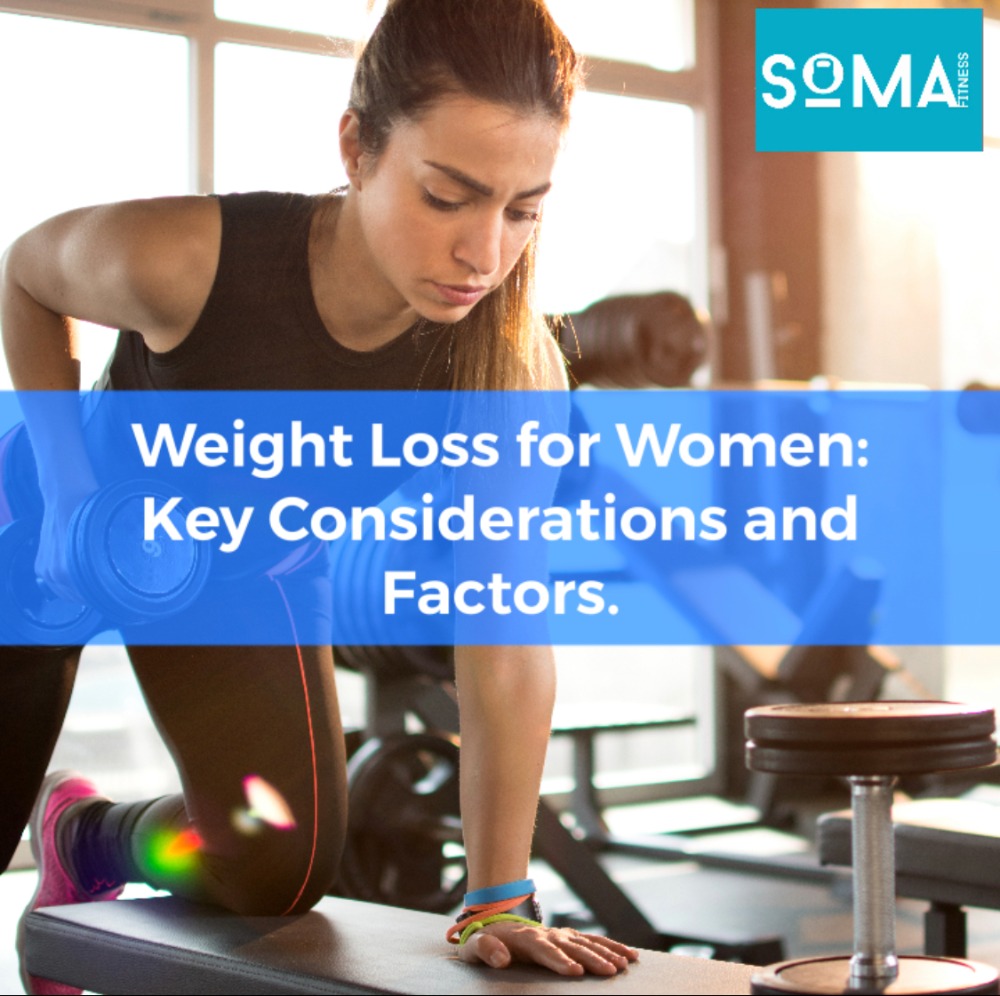Weight Loss for Women: Key Considerations and Factors to Consider

Weight loss is a complex and challenging process, especially for women. Women’s bodies have unique features and challenges that can make weight loss more difficult, but also more rewarding. Understanding the key considerations and factors involved in weight loss for women can help you achieve your goals and feel better about your body.
- The menstrual cycle
The menstrual cycle is one of the most significant factors that affects weight loss for women. Hormonal fluctuations during the menstrual cycle can affect hunger levels, metabolism, and overall energy levels. During the luteal phase of the menstrual cycle, estrogen and progesterone levels increase, which can lead to an increase in appetite and a slower metabolism. On the other hand, during the follicular phase, estrogen levels are higher, which can lead to a higher metabolism and a decreased appetite.
- Menopause
Menopause is another factor that affects weight loss for women. As women age and reach menopause, their bodies experience a decrease in hormone levels, including estrogen. This hormonal change can lead to an increase in body fat and a decrease in muscle mass, making weight loss more difficult. Additionally, the decrease in estrogen levels can also lead to changes in the way the body processes food, making it harder to lose weight.
- Female hormones vs. male hormones
Women have different hormone levels compared to men, and these hormones play a crucial role in weight loss. Women have higher levels of estrogen and progesterone, which can affect their metabolism and hunger levels. On the other hand, men have higher levels of testosterone, which helps to increase muscle mass and metabolism. This difference in hormone levels can make weight loss more challenging for women compared to men.
- Body fat percentages
Women also have a higher body fat percentage compared to men, with women typically having between 21-24% body fat, while men have around 14-17%. This higher body fat percentage can make weight loss more difficult for women, but it is also important for overall health and fertility.
In conclusion, weight loss for women is a complex process that is influenced by many factors, including the menstrual cycle, menopause, hormone levels, and body fat percentages. Setting realistic goals with your coach or personal trainer who should be taking these considerations into the strategy and approach to your overall programming.
Understanding these factors can help you develop a personalised weight loss plan that takes into account your unique needs and challenges. With the right approach, you can achieve your weight loss goals and begin to feel better about your body.

Leave a Comment
(0 Comments)